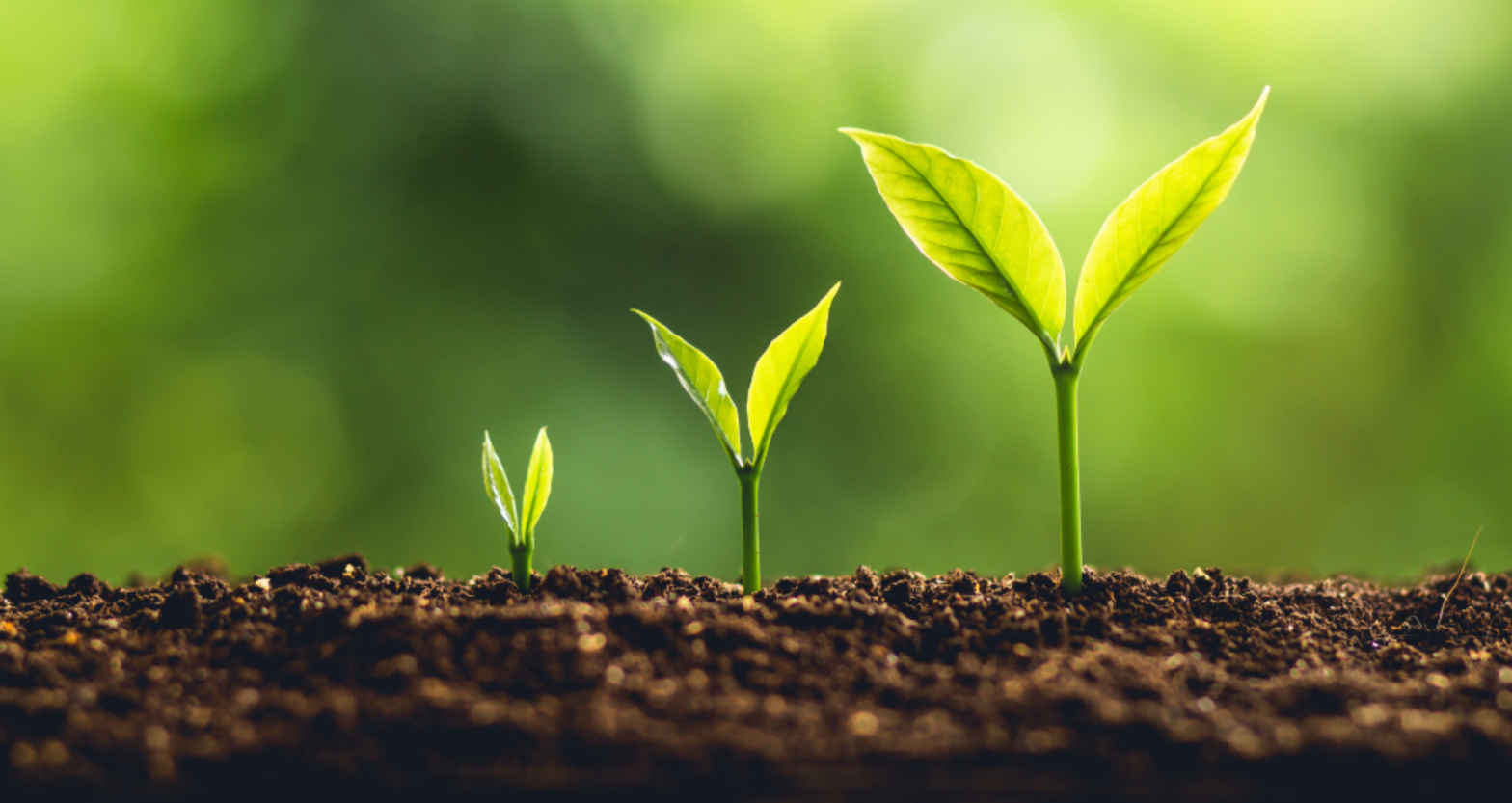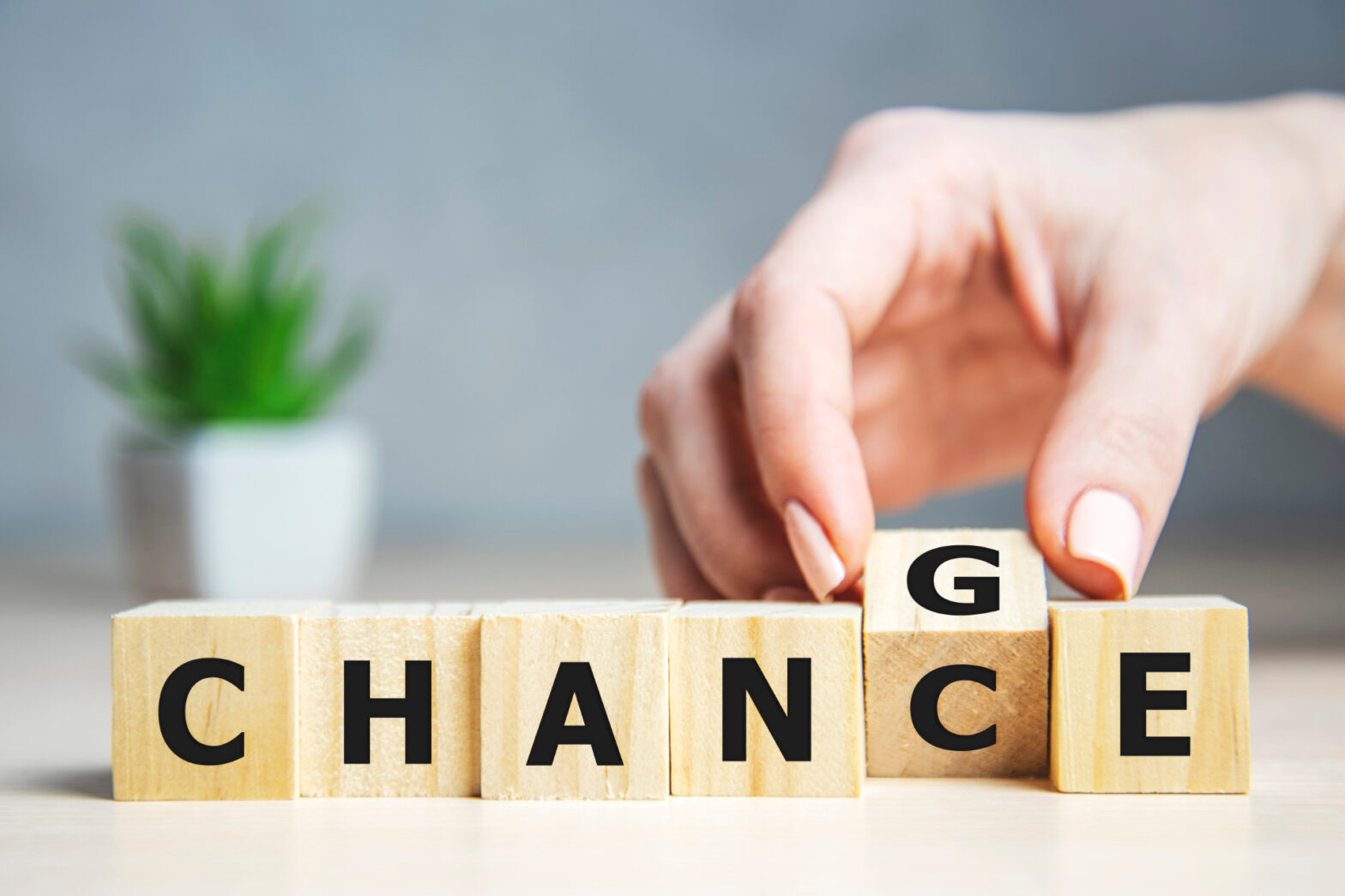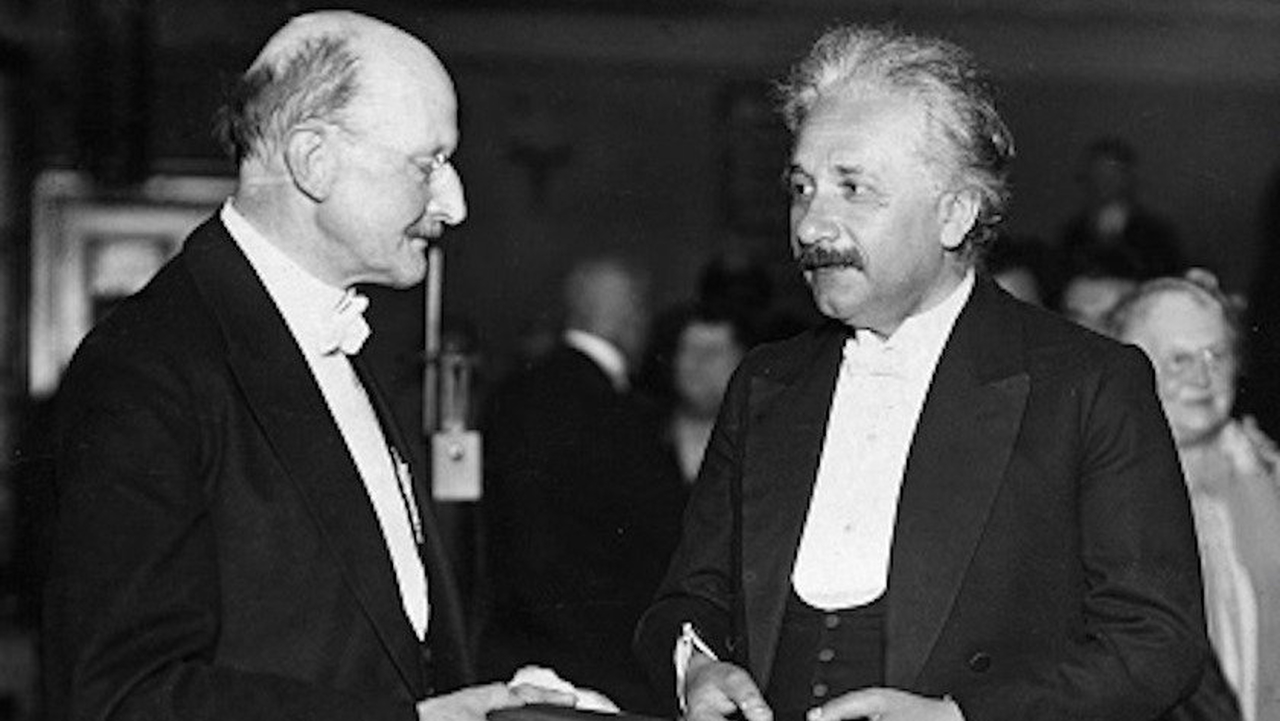How we experience our lives is very much informed by how we see reality operating. The prevailing mindset of most, still believe in a fixed, static and material universe. From that vantage, we construct a reality comprised of objects and see ourselves as things as well, albeit human things. As such we are beings. Human beings, perhaps somewhat stuck in our identity of being. This mindscape sees change as the exception and at times as undesirable; undesired change is something to be controlled if not warded off, yet not surprisingly we become mired in failure in our own attempts to change. Predictability and determinism still reign sovereign.
As I’ve noted in previous blogs, this mechanistic worldview has been entrenched since the 17th century. It is from this way of seeing that we have obfuscated flow and movement, impeded change and transformation, and settled upon states of being. So we become the things of the great machine-like universe. Can you begin to consider the enormity of this impact upon our humanness? As parts of the mechanistic model, we have essentially no relatedness to one another and meaning and purpose are bereft.
Yet, some have begun to see reality operating quite differently. The emerging worldview depicts a universe in which flow is the norm and all parts of the universe are evolving dynamically and inseparably. It is literally wholeness unfolding, whereby everything and necessarily, everyone participates. In a participatory universe the creative potential is the deity that supplants objectivity and rational thinking; the machine is replaced with wondrous meaning. This description evokes a spirit of perpetual movement, uncertain yet full of potential and inspiration. States of being are but temporary as the primary process is the phenomenon of becoming. Becoming what you might ask. But that very question is seeking a “thing” type answer. What are the waves in the ocean becoming?
For all conscious entities (and there is reasonable argument that all matter is indeed sentient, a belief known as pansychism)) the process of becoming puts us squarely in this new paradigm of personal evolution and participatory change. Much of my work is devoted to catalyzing and enabling people to change. Some people seek change and can’t wait to transform. Others often ask why they have to change. This difference in outlook depicts their worldview: being or becoming. The fear of movement or change is rooted in a very fixed attachment to one’s identity. If I’m not who I think I am, who am I? This view sees our identity as static, and hence sees us as a being. A more evolving consideration identifies core features and characteristics of our personality, yet sees them as a creative work, always adapting and evolving to new and higher levels. Our predominating worldview informs our sense of self—and others.
The process of becoming is forgiving. In the flow of becoming we are no longer rooted in the hardship of fear, insecurity or the notions of mistakes. The fuller participation in our unfolding life assists us in the art of living well. Becoming is open and unlimited, being is structured and limiting. As the artist crafts their art, so might we look at our life. Learning to live artfully has us see our lives as a process open to inquiry and learning, always receptive to new meaning. Thus, we are always becoming. I recently attended a lecture by a self-proclaimed guru. He spoke of himself as being enlightened. It would have been far more sagacious if he referred to his commitment to the process of enlightenment, for enlightened speaks of a permanent state.
It would also be helpful if we looked at our relationships from this flow of becoming. Our tendency is to see one another as fixed and hence our relationship is stuck as well. As two individuals, each devoted to their becoming, engage one another, we have a relationship that is indeed evolving. Contrast that with two beings, locked in a relationship burdened by their states of being.
The paradigm of simply being burdens and constrains our lives as it deprives us of a fuller and richer participation with life. It is absent the deeper meaning to be found in the evolving worldview of becoming. All of nature and the universe are apparently evolving into higher levels of complexity and order. Isn’t it a shame to leave ourselves out of that scenario?





I love the analogy “What are the waves in the ocean becoming”. It does make me think and am sure others will put thought into this.
Your friend from OKC.
You are so good at what you do my friend. How do you come up with this?
Well, I suppose it comes from my rethinking reality Phillip.. You’ll love my new book, The Possibility Principle…
Mel, you are good at your work. you blogs assist me as am writing an article on personal transformation.
thank Tebogo